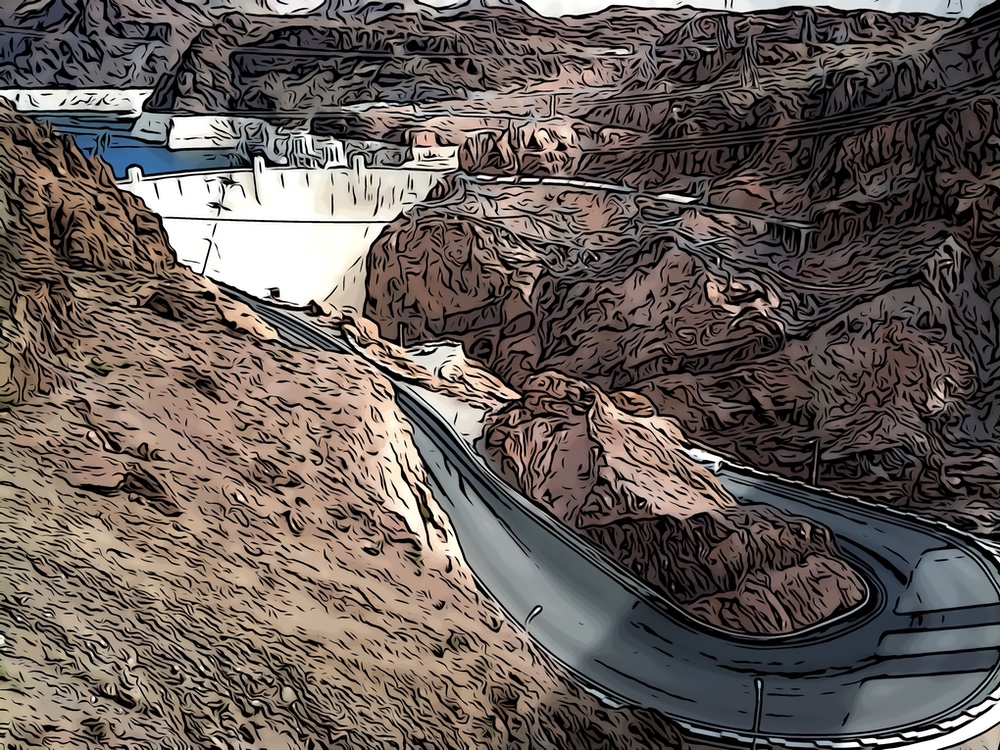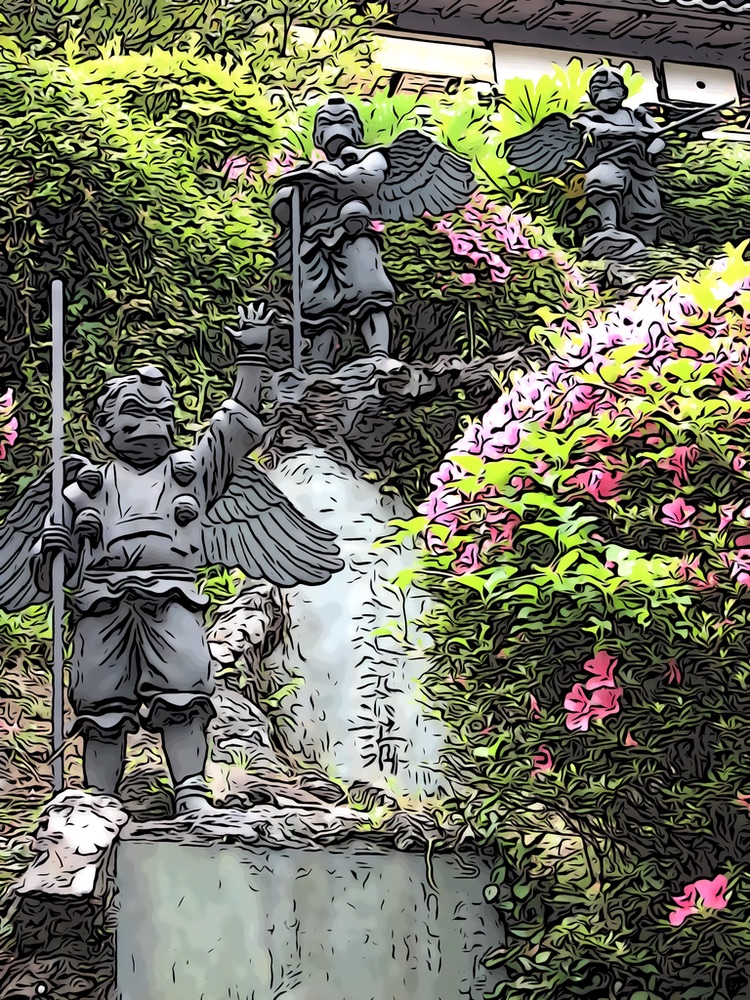-
Tension
Some amount of tension is necessary in a conversation. I’ve seen conversations between close partners flop, with no spark. I’ve also seen sexual tension drive spectacular conversations. The burning question I have is: Can we successfully manufacture good tension? When done well, both giving and taking create what psychologists call affordances: features of the environment…
-
Don’t be a pole vaulter
It’s never great to take a long, run-up to a question. In conversations it’s important to both share your thoughts and ideas, and to ask questions. Balancing sharing versus questioning leads to art, but trying to do those two things at the same time leads to confusion. If you’re a pole vaulter, you need a…
-
Being a listener
It feels different to be a true listener. You fall into a different brain state—calmer, because you have no stray thoughts blooming in your head—but intensely alert to what the other person is saying. You lose track of time because you are actively following the point the other person has brought up, trying to comprehend…
-
Creating conversation together
When you’re in a job interview, a podcast interview, a sales call, a meeting… if we take the approach that this is a test and there’s a right answer, we’re not actually engaging and moving things forward. ~ Seth Godin, from https://seths.blog/2018/08/ignore-the-questions/ In a conversation, if a guest slips into this-is-a-test mode, things get awkward.…
-
The miracle question
Imagine that you wake up tomorrow, and something miraculous has happened. I’m not going to ask you to explain the miracle. Instead, can you tell me about the world you’ve imagined that you want to wake up in tomorrow? I call that the miracle question. When I talk about that question, people think I call…
-
Should we ask about the past?
Should we ask about the past? Ask directly about the past if you’re interested in learning about a specific time—a particular point in history like the 1960s, or the viewpoints of people of a certain age like 20-something—because the “when” is a critical feature of what you are interested exploring through your question. There are…
-
Infinite possibility
A dialog is two people communicating. A conversation is two people each trying to explore the knowledge and possibilities created by the presence of the other. To be playful is not to be trivial or frivolous, or to act as if nothing of consequence will happen. On the contrary, when we are playful with one…
-
Small talk
When starting from scratch in a conversation, one option is to begin with simple questions. Who are you? Where are you from? Why are you here? There are countless similar, small questions. The challenge with small questions is that they are open to interpretation simply because they have too few words for much context to…
-
Inner stability
I used to have a noisy, inner voice which made pleasant conversation difficult. I didn’t realize it at the time, but that voice was reinforcing my belief that I needed to perform some specific role during a conversation. Back then, I was only having conversations that involved those directly present; the everyday sort of conversations…
-
Relativity
Today I want to share my thoughts on how the participants’ relative levels of knowledge both affect a conversation and offer opportunities to make a conversation great. Imagine yourself in a conversation with one person. You’re not trying to record the conversation, nor create any specific experience for others. Let’s also imagine this conversation is…









